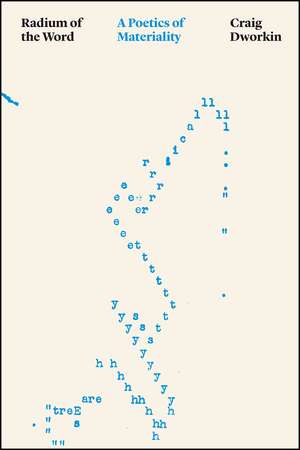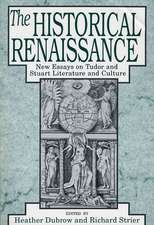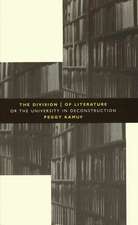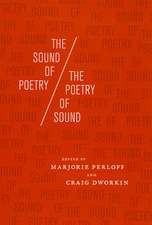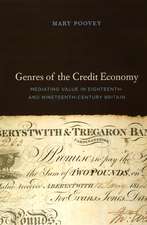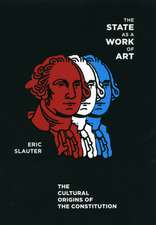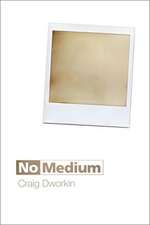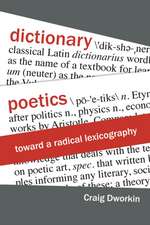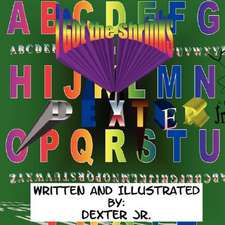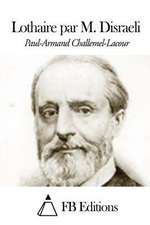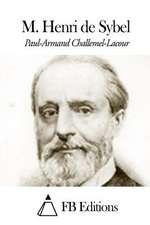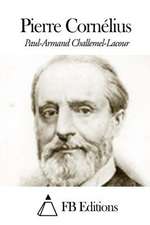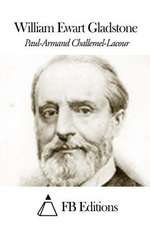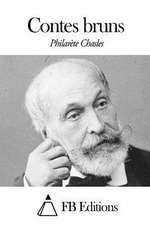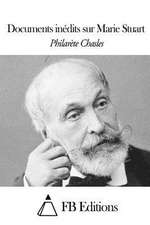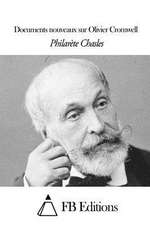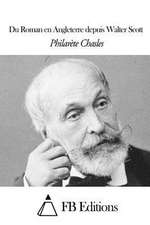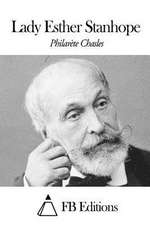Radium of the Word: A Poetics of Materiality: Thinking Literature
Autor Craig Dworkinen Limba Engleză Paperback – 18 noi 2020
Radium of the Word takes its title from Mina Loy’s poem for Gertrude Stein, which hails her as the Madame “Curie / of the laboratory / of vocabulary.” In this spirit, Dworkin considers prose as a dynamic literary form, characterized by experimentation. Dworkin draws on examples from writers as diverse as Lyn Hejinian, William Faulkner, and Joseph Roth. He takes up the status of the proper name in Modernism, with examples from Stein, Loy, and Guillaume Apollinaire, and he offers in-depth analyses of individual authors from the counter-canon of the avant-garde, including P. Inman, Russell Atkins, N. H. Pritchard, and Andy Warhol. The result is an inspiring intervention in contemporary poetics.
| Toate formatele și edițiile | Preț | Express |
|---|---|---|
| Paperback (1) | 239.35 lei 6-8 săpt. | |
| University of Chicago Press – 18 noi 2020 | 239.35 lei 6-8 săpt. | |
| Hardback (1) | 674.32 lei 6-8 săpt. | |
| University of Chicago Press – 4 feb 2021 | 674.32 lei 6-8 săpt. |
Preț: 239.35 lei
Nou
Puncte Express: 359
Preț estimativ în valută:
45.80€ • 49.74$ • 38.48£
45.80€ • 49.74$ • 38.48£
Carte tipărită la comandă
Livrare economică 23 aprilie-07 mai
Preluare comenzi: 021 569.72.76
Specificații
ISBN-13: 9780226743561
ISBN-10: 022674356X
Pagini: 264
Ilustrații: 21 halftones
Dimensiuni: 152 x 229 x 28 mm
Greutate: 0.35 kg
Ediția:First Edition
Editura: University of Chicago Press
Colecția University of Chicago Press
Seria Thinking Literature
ISBN-10: 022674356X
Pagini: 264
Ilustrații: 21 halftones
Dimensiuni: 152 x 229 x 28 mm
Greutate: 0.35 kg
Ediția:First Edition
Editura: University of Chicago Press
Colecția University of Chicago Press
Seria Thinking Literature
Notă biografică
Craig Dworkin is professor of English at the University of Utah. He is the author of Reading the Illegible, No Medium, and Dictionary Poetics, as well as ten books of poetry, most recently, The Pine-Woods Notebook.
Cuprins
List of Figures
Introduction
One The Prosaic Imagination
Two The Onomastic Imagination
Three The Logic of the Work (on P. Inman)
Four The Logic of Print (on Russell Atkins)
Five The Logic of Spacing (on N. H. Pritchard)
Six The Logic of Registration (on Andy Warhol)
Acknowledgments
Notes
Index
Notes
Index
Recenzii
“We count on Dworkin to say the smartest things about contemporary poetics, so the smartness of Radium of the Word comes as no surprise. What does come as a surprise is the book's first sentence: ‘This book proposes a methodology.’ And it does not disappoint. Dworkin is reinventing the practice of reading by unscrewing the locks on its doors. Not close, not distant, not surface, not formal, not historical, not reparative, not paranoid reading. This book bypasses adjectives and heads straight for the nouns: the death penalty, paper cuts, opera queens, gossip, songs, riots, print, quotation marks, homelessness, names, the typeset line, spaces, prose. Oh, and poetry. This is a difficult book that everybody should read.”
“Dworkin is the closest reader we have. In startling, revelatory, and delightful essays on an astonishing range of writers and artists, Dworkin resists the systematic and canonical in pursuit of the peculiar, specific, and particular. Radium of the Word proposes a radically new approach to reading poetry, focusing on textual features that are not necessarily intentional. This book will be of importance to scholars of modernist and avant-garde literature, postwar African American poetry, and anyone interested in contemporary poetics.”
"At a moment when claims for the thematic achievements of poetic language (cognitive mapping, climate graphing, racial and sexual tracking, worldmaking, self constructing, cultural undoing, consciousness raising, history transcending) are even more extreme than they were two years ago when this book came out, we have never needed Dworkin’s weird lens on poetry more."
